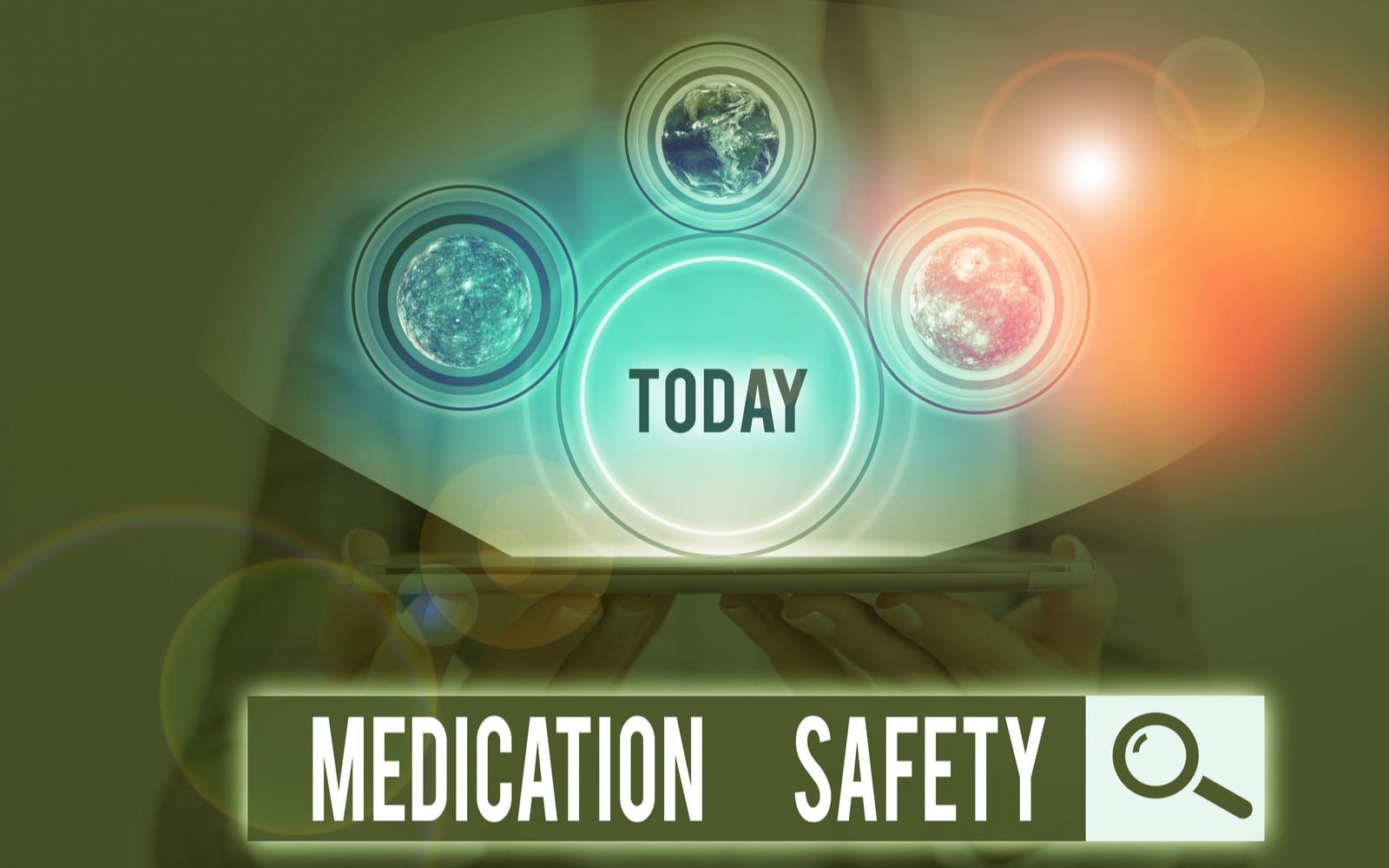Medications apply in everyday situations, and millions of women across the United States benefit from FDA-approved medicines. However, when drugs aren’t used correctly, they can have a significant impact on women’s health. As the FDA establishes guidelines for use and labeling, women have a vital role in protecting their health, just as much as gynecologists and obstetricians have in caring for women’s bodies. Medication safety refers to the guidelines people should follow when handling medication, and here, we’ll be listing some steps to help keep you safe, aware, and healthy.
What’s the Risk with Medications?
Medications labeled and approved of by the FDA often have proper guidelines for use and distribution. As gynecologists, understanding the types of medicine we prescribe to women daily matters in keeping women healthy. Even while the FDA has the final say, patients have the power to properly use the drug as its intended. However, even with medical guidelines in place, the body can respond in unusual and even life-threatening ways. Allergic reactions, interactions with other medications, and other side effects can occur when care isn’t taken. When it comes to your drugs, be aware of these factors:
- Harmful Interactions: Interactions between food, beverages, dietary supplements, and other medicines can create the possibility of dangerous interactions. For instance, prescription NSAIDs can significantly increase the risk of heart attacks, strokes, and stomach bleeding when mixed with high amounts of alcohol, and for women who are pregnant, it can also affect the development of the baby.
- Potential Side Effects: Most medications come with side effects on their own due to the nature of the medication and how it’s used. For instance, oral contraceptives can cause blood clots, higher cholesterol levels, increased risk of migraines, high blood pressure, and heart attacks.
Just like riding a car, to obtain your medication’s benefits, you need to assess the risks each day. However, many of these medication risks can be prevented when taking precautions.
How to Prevent Medication Risks
To best prevent these risks from occurring, you can follow these steps to keep your body and medication on track.
1. Ask Your Doctor Questions
When being prescribed medication, it is best to ask important questions related to your health. This can include asking questions about the medicine’s name, what the drug is for, what side effects are associated with this medication, and taking this medication if pregnant or breastfeeding.
2. Keep a Medicine List
Keeping track of your medications can help weigh the risks associated with each of them. By having this list, you can inform your doctor about these medications for any potential interaction. Include supplements and over-the-counter medications such as aspirin, ibuprofen, and acetaminophen.
3. Follow Your Medication’s Directions
Read the directions on the medicine’s label, and confirm with your doctor how often you should take this medication and when. If you end up skipping a day with your medicine, ask your doctor what to do when that happens, and only take the suggested dose.
4. Store and Discard Medications
For used medications, store them by following the directions given to you by your doctor. If you have unused and expired medications, follow the label’s rules about properly disposing of the medicine.
For more information about medication safety and how to best protect your health, contact Dr. Judith Gurdian at Capital Women’s Care Rockville in Rockville, MD.


